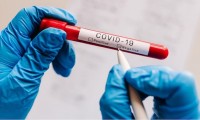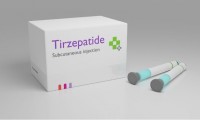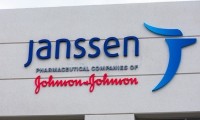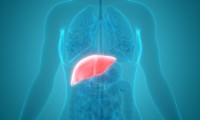-
2seventy bio fires 40% of staff after reduced Abecma sales forecasts
- Source: drugdu
- 94
- September 14, 2023
-
NIH grants support Kessler Foundation scientists to advance research on neglect dyslexia and autism
- Source: drugdu
- 111
- September 13, 2023
-
Moderna, Pfizer-BioNTech’s Updated COVID-19 Vaccines Approved by FDA
- Source: drugdu
- 229
- September 13, 2023
-
AstraZeneca Signs AI-Powered Drug Discovery Pact with Verge
- Source: drugdu
- 189
- September 12, 2023
-
NICE recommends Lilly’s tirzepatide to treat T2D
- Source: drugdu
- 103
- September 12, 2023
-
analysts
- Source: drugdu
- 113
- September 11, 2023
-
Janssen’s patient programme becomes latest victim of data breach
- Source: drugdu
- 103
- September 11, 2023
-
Wearable technology emerges as a potential game-changer in early detection of COVID-19 among athletes
- Source: drugdu
- 199
- September 11, 2023
-
CymaBay’s Liver Disease Candidate Hits Phase III Primary, Secondary Endpoints
- Source: drugdu
- 110
- September 11, 2023
-
Roche hits FDA delay with subcutaneous version of Tecentriq amid manufacturing process changes
- Source: drugdu
- 162
- September 9, 2023
your submission has already been received.
OK
Subscribe
Please enter a valid Email address!
Submit
The most relevant industry news & insight will be sent to you every two weeks.













